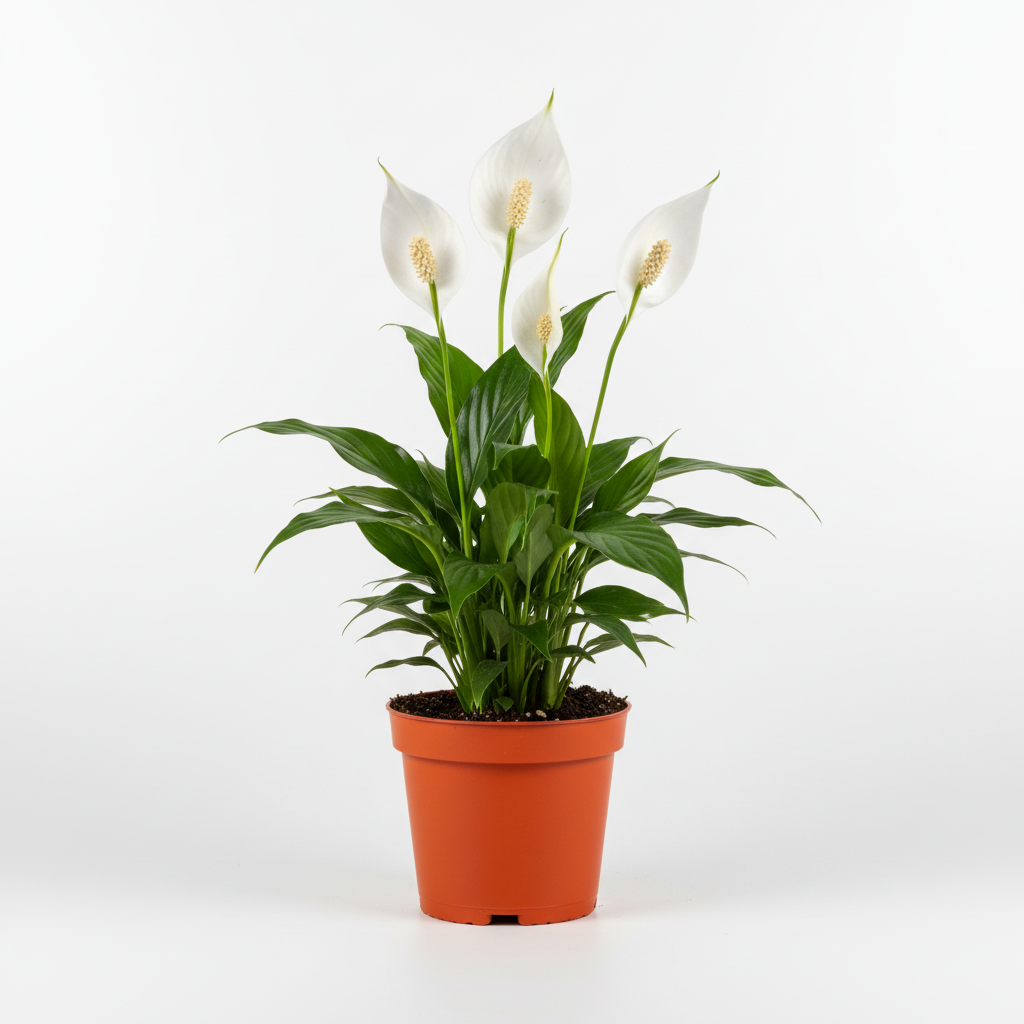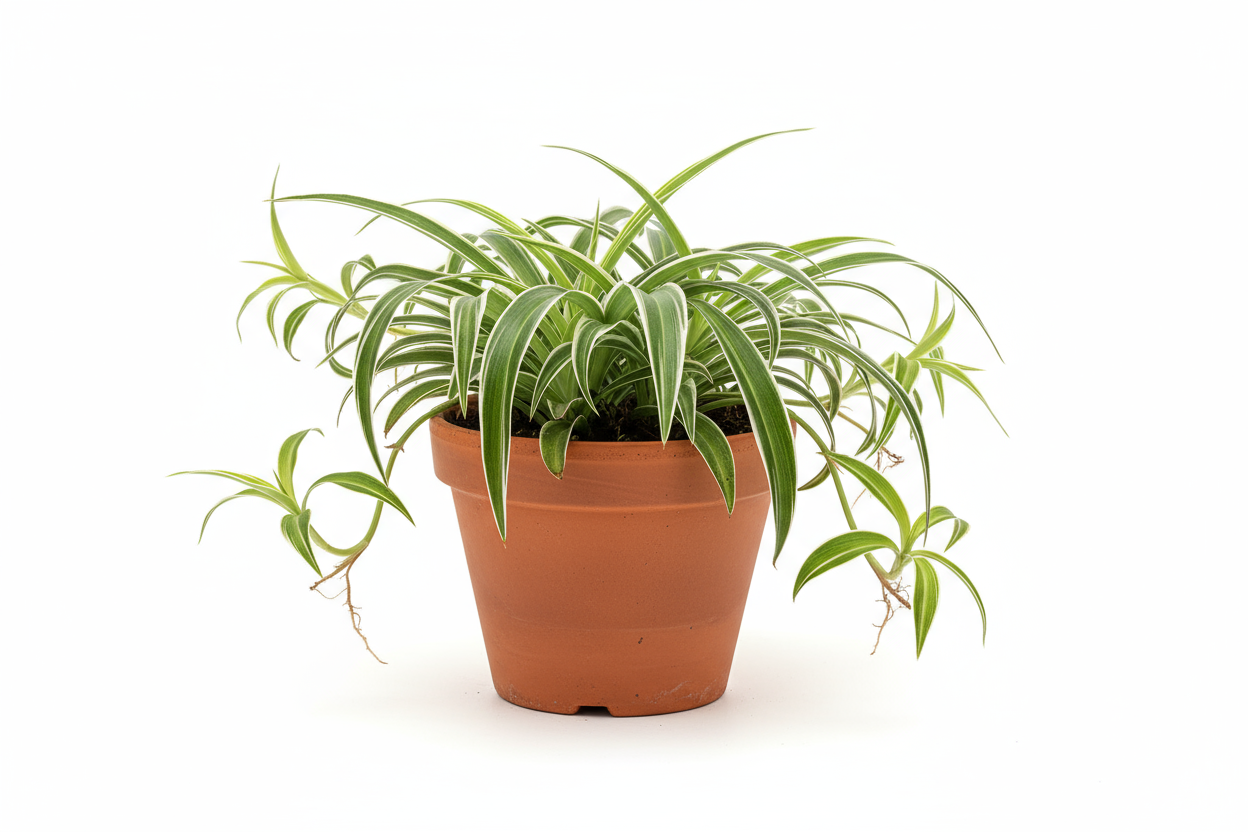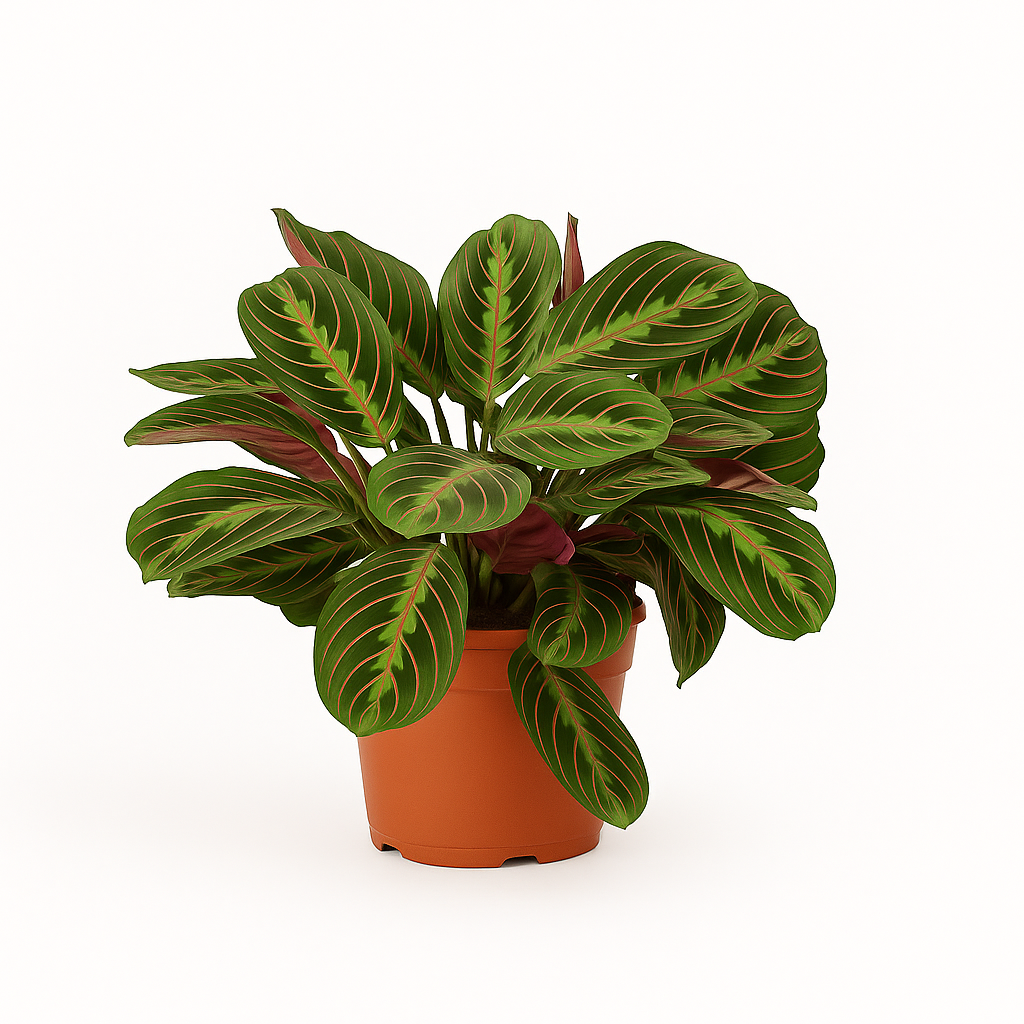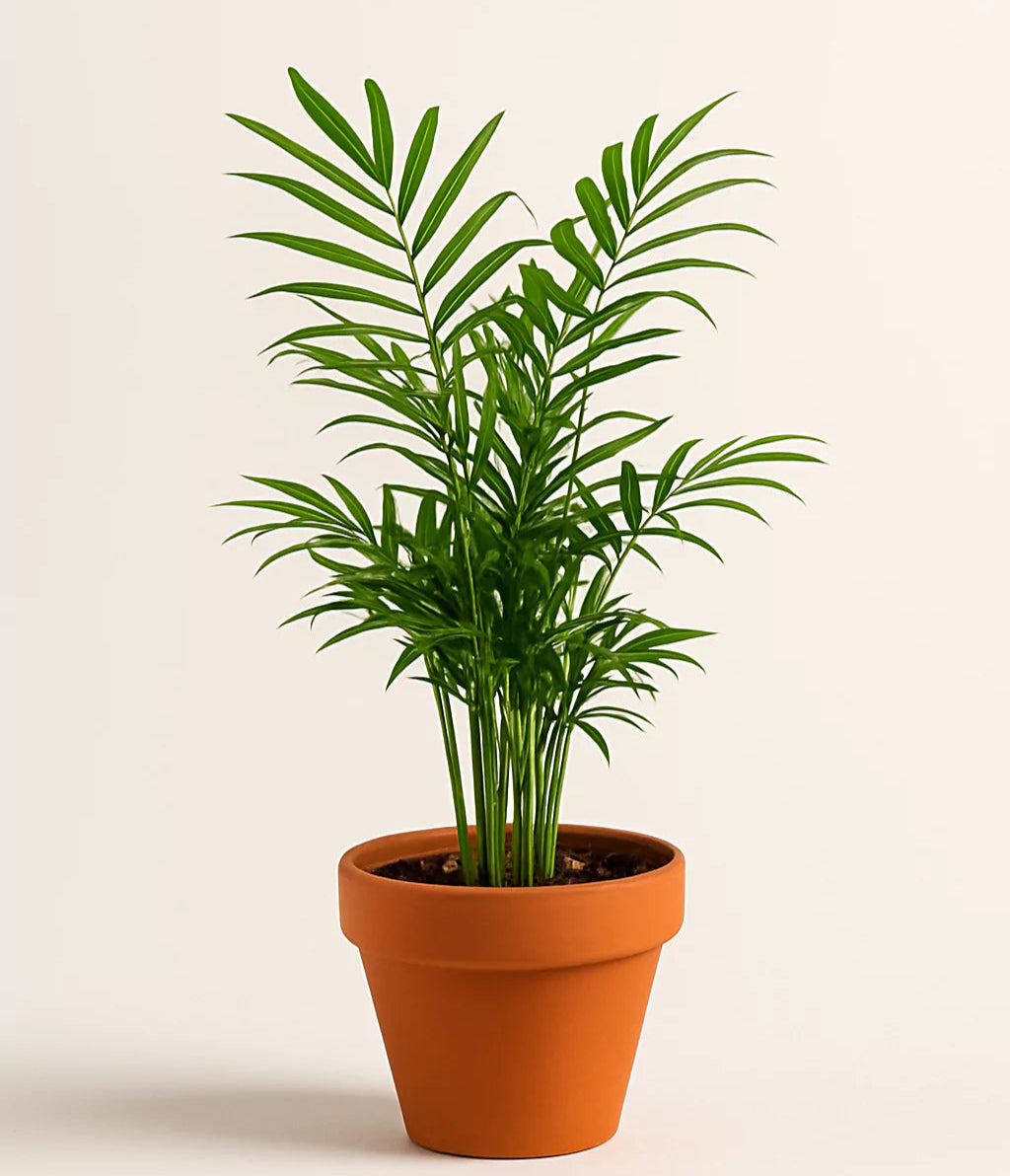Why Natural Fertilizers Are Best for Your Indoor Plants
Choosing the right fertilizer can make the difference between thriving houseplants and struggling greenery. Natural fertilizers offer a gentle, sustainable approach to feeding your indoor plants while building healthier soil and reducing chemical buildup. In this comprehensive guide, we'll explore the best natural fertilizer options for your indoor plant collection.
Understanding Plant Nutrition Basics
Before diving into specific fertilizer options, it's important to understand what your plants need. All plants require three primary macronutrients—nitrogen (N) for leaf growth, phosphorus (P) for root development and flowering, and potassium (K) for overall plant health. Natural fertilizers provide these nutrients in slow-release forms that are gentler on roots and less likely to cause fertilizer burn.
Top Natural Fertilizer Options for Indoor Plants
1. Worm Castings (Vermicompost)
Worm castings are one of the most nutrient-rich natural fertilizers available. This organic matter is packed with beneficial microorganisms that improve soil structure and help plants absorb nutrients more efficiently. Simply top-dress your plants with a thin layer of worm castings every 2-3 months, or mix them into your potting soil during repotting.
Best for: Dieffenbachia, Chinese Evergreen, and other foliage plants that benefit from steady nitrogen.
2. Compost Tea
Compost tea is a liquid fertilizer made by steeping finished compost in water. It's an excellent way to deliver nutrients and beneficial bacteria directly to your plants' roots. Use it as a gentle fertilizer every 2-4 weeks during the growing season.
Pro tip: Dilute compost tea to a light brown color (like weak tea) to avoid over-fertilizing sensitive plants like Spathiphyllum.
3. Fish Emulsion
Fish emulsion is a fast-acting liquid fertilizer high in nitrogen, making it perfect for promoting lush, green growth. While it has a strong odor when first applied, it dissipates quickly and provides excellent results for leafy houseplants.
Application: Dilute according to package directions and apply every 2-3 weeks during active growth periods.
4. Kelp and Seaweed Fertilizers
Seaweed-based fertilizers are rich in trace minerals and growth hormones that promote strong root development and stress resistance. They're particularly beneficial for plants recovering from transplant shock or environmental stress.
Best for: Supporting new growth on Philodendron 'Thai Sunrise' and other tropical plants.
5. Banana Peels
Don't throw away those banana peels! They're rich in potassium, which supports flowering and overall plant vigor. Chop them finely and bury them in the top inch of soil, or steep them in water for 24-48 hours to create a potassium-rich tea.
Perfect for: Flowering plants and fruiting varieties that need extra potassium.
6. Coffee Grounds
Used coffee grounds add nitrogen and organic matter to your soil while slightly acidifying it. Mix them into your potting mix or use them as a light top dressing. Be cautious not to overdo it, as too much can affect soil pH.
Ideal for: Acid-loving plants, though most houseplants benefit from moderate use.
7. Eggshells
Crushed eggshells provide a slow-release source of calcium, which helps prevent blossom end rot and supports strong cell wall development. Rinse, dry, and crush them into a fine powder before sprinkling around your plants.
8. Pelleted Organic Fertilizers
For convenience without sacrificing quality, pelleted organic fertilizers offer a balanced, slow-release option that's perfect for busy plant parents. These formulations combine multiple natural ingredients for complete nutrition.
Specialized Fertilizers for Unique Plants
Some plants have specific nutritional needs. For example, air plants (Tillandsia) require specialized fertilizers that can be absorbed through their leaves. Always choose fertilizers formulated for your specific plant type to ensure optimal results.
Creating Your Own Natural Fertilizer Blend
You can create a custom fertilizer blend by combining several natural ingredients. A popular recipe includes:
- 2 parts worm castings
- 1 part kelp meal
- 1 part bone meal (for phosphorus)
- ½ part crushed eggshells
Mix thoroughly and use as a top dressing or incorporate into your potting soil during repotting.
Fertilizing Schedule and Best Practices
Natural fertilizers work best when applied consistently but gently. Here's a general schedule:
- Spring and Summer (Active Growth): Fertilize every 2-4 weeks
- Fall and Winter (Dormancy): Reduce to once every 6-8 weeks or stop entirely
- Newly Repotted Plants: Wait 4-6 weeks before fertilizing
Always water your plants before fertilizing to prevent root burn, and remember that less is more—it's easier to add more fertilizer than to fix over-fertilization.
Common Mistakes to Avoid
Even with natural fertilizers, it's possible to make mistakes. Avoid these common pitfalls:
- Over-fertilizing, which causes salt buildup and root damage
- Fertilizing stressed or sick plants
- Using fresh manure, which can burn roots
- Ignoring your plant's dormancy period
- Applying fertilizer to dry soil
Signs Your Plants Need Fertilizer
Watch for these indicators that your plants are hungry:
- Slow or stunted growth during the growing season
- Pale or yellowing leaves (especially older leaves)
- Weak stems that can't support the plant
- Poor flowering or fruiting
- Overall lackluster appearance
For specific care requirements, check out our detailed care guides for plants like Parlor Palm, Golden Pothos, and Pothos 'Neon'.
Sustainable Fertilizing for Long-Term Plant Health
Natural fertilizers do more than just feed your plants—they improve soil structure, support beneficial microorganisms, and create a sustainable growing environment. By choosing organic options, you're investing in the long-term health of your indoor garden while reducing your environmental impact.
Whether you're caring for a rare Alocasia, a striking cactus, or building your collection with our premium plant subscription box, the right natural fertilizer will help your plants reach their full potential.
External Resources for Further Learning
For more information on organic gardening and plant nutrition, check out these trusted resources:
- Purdue University Extension - Research-based gardening information
- Royal Horticultural Society - Expert plant care advice
- USDA - Organic certification and standards
Ready to Nourish Your Plants Naturally?
Switching to natural fertilizers is one of the best decisions you can make for your indoor plants. Start with one or two options that fit your lifestyle, and watch your plants thrive with gentle, sustainable nutrition. Browse our selection of premium organic fertilizers and specialized plant foods to get started today.







